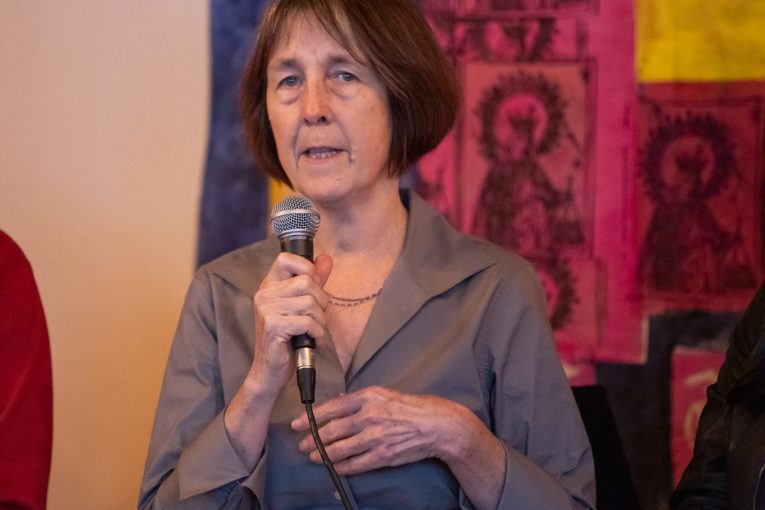

By Metyia Phillips
CALIFORNIA -A bill to eliminate the use of uncorroborated allegations (allegations not confirmed or supported by other evidence and information) from a confidential informant as evidence in state parole hearings passed the Senate Public Safety Committee on Wednesday, as the committee approved the bill, SB 1064, with a bipartisan vote of 6-1.
The bill was written by Senator Nancy Skinner who represents District 9 in California, which encompasses Alameda and Contra Costa Counties.
Currently, when an inmate comes up for parole, the board can approve or deny the incarcerated person for parole based solely or partly on uncorroborated information if they wish to do so. Making  matter worse, the incarcerated person usually doesn’t know about the uncorroborated claims used to make their parole decision until the parole hearing. The incarcerated person is also not allowed to cross-examine the witness who made the uncorroborated claim(s) or show evidence that the claim is fake.
matter worse, the incarcerated person usually doesn’t know about the uncorroborated claims used to make their parole decision until the parole hearing. The incarcerated person is also not allowed to cross-examine the witness who made the uncorroborated claim(s) or show evidence that the claim is fake.
In 2011, California banned the conviction of criminal defendants “based on uncorroborated testimony from in-custody informants (SB 687, Leno), because of the inherent unreliability of that information.” Although this bill was passed and put in effect for criminal defendants, uncorroborated testimonies are still considered by the California State Parole Board.
According to Senator Skinner, “Allowing uncorroborated information from a confidential informant to influence a parole hearing is deeply unfair. California’s parole system needs to be modernized, and reforms that enhance rather than limit due process are a step in the right direction.”
In an effort to modernize California’s parole system, the bill has various features to ensure parole hearings are fair and just. SB 1064 prevents California’s Parole Board from denying an inmate’s parole based on consideration taken from an uncorroborated testimony from an in-custody confidential informant and prohibits prison personnel from determining an inmate is guilty of a rules violation based wholly or partly on uncorroborated information for a confidential informant. The bill would also give inmates the opportunity to confront the witness before the parole hearing, be provided with a written statement concerning the evidence used to make the decision by the Parole Board, and give the inmate and opportunity to appeal the decision.
The bill, as indicated, has been passed by the Senate Public Safety Committee and is headed to the Senate Appropriations Committee for consideration later this month.
To sign up for our new newsletter – Everyday Injustice – https://tinyurl.com/yyultcf9





